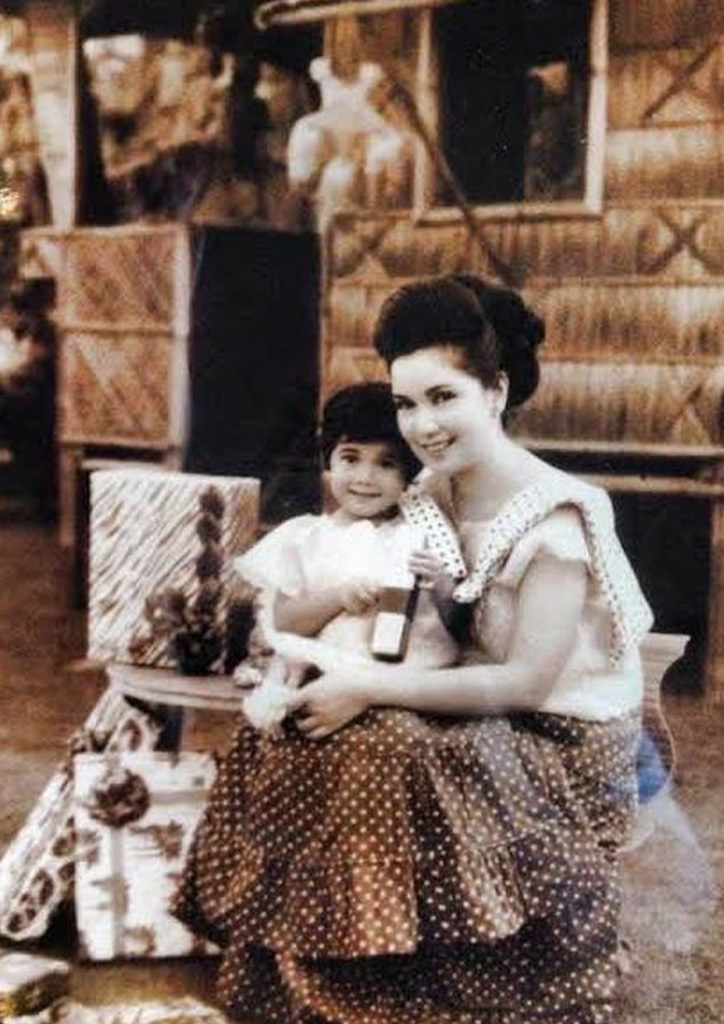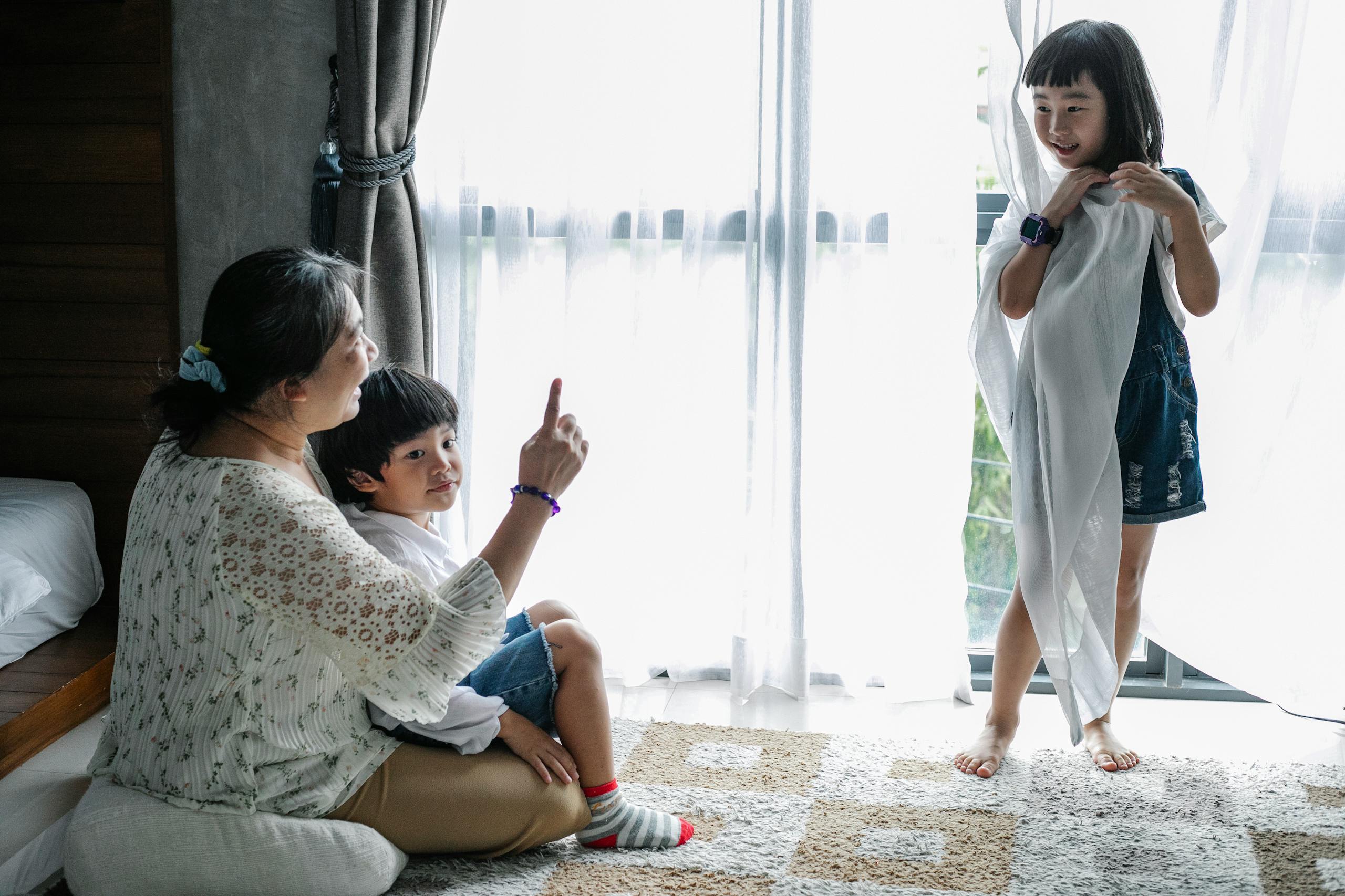Why the Foundling Recognition and Protection Act is Close to Grace Poe and Susan Roces’ Hearts
On May 6, President Rodrigo Duterte signed Republic Act No. 11767 or the Foundling Recognition and Protection Act, which aims to give more protection to abandoned children.
Last May 6, President Rodrigo Duterte signed a law that will give more protection to abandoned children or foundlings in the country. Republic Act. No 11767 or the Foundling Recognition and Protection Act aims to give protection to abandoned children. In addition, this gives them the same rights in accordance with the law.
Senator Grace Poe, who co-authored the law, thanked the president. Poe is the adopted daughter of actor Fernando Poe Jr. and Susan Roces, who died last May 20.

Close to Grace’s heart
In a statement last May 17, Grace said she’s grateful to the president for signing the law. The passage of the law is close to her heart as she was a foundling herself before FPJ and Susan legally adopted her.
“It would be untruthful to say that the law was not informed by my experiences when I ran for the presidency in 2016. As a matter of fact, it is exactly my experiences in that period that opened my eyes to the necessity of the law. I experienced firsthand how foundlings were subjected to undue scrutiny for something that is completely outside their control,” Poe said.
“Such unfair treatment has made me realize that ample safeguards must be institutionalized to protect them from future attacks and declare, once and for all, that they are Filipinos who must be accorded with the same rights and privileges that are granted upon their fellow countrymen.”
“As I have said before, this is a victory for both the adopted children and the adopting parents. May it provide them with the peace of mind and closure that some of them seek until this very day. May it also remind them that regardless of where they came from, they are just as important and worthy as anybody else.”
What is under the Foundling Recognition and Protection Act?
Under the law, it says that foundlings “found in the Philippines and/or Philippine embassies, consulates, and territories abroad is presumed a natural-born Filipino citizen regardless of the status or circumstances of its birth.”
It also states that as a natural-born citizen of the country, he or she “shall be accorded with rights and protections at the moment of birth equivalent to those belonging to such class of citizens whose citizenship does not need perfection or any further act.”
Moreover, the law has laid down rules on the adoption and legitimization of foundlings. For more information on the law, you may read it here.
Before death, Susan Roces congratulated her daughter Grace on the passing of the law
Before the passing of her mother at the age of 80, Grace told journalist Jessica Soho how Susan reacted after the Foundling Act was signed into law. It was actually the last discussion they had.
“‘Mom, I have good news,’ sabi ko. She said, ‘Ohh,’ pero makikita mo na yung boses niya parang mahina pero masaya. Sabi niya congratulations,” Grace said.

“Because of our case and because of your diligence, the ways she organized the papers and all, there was a basis for legislative like this. It was like there was a meaning. It was like my life is complete. I completed the journey.”
Grace added, “I guess she was telling my dad like, ‘Oh Ronnie (FPJ’s nickname), I’m finished okay. Your daughter won’t be bullied anymore. She’s recognized already and the other children in the same situation she is in.”
Update yourselves regarding important parent and children’s rights:
New PH Law: Age of Sexual Consent Now 16 As Signed by Duterte
What You Need to Know about the Law Banning Child Marriage in the Philippines









